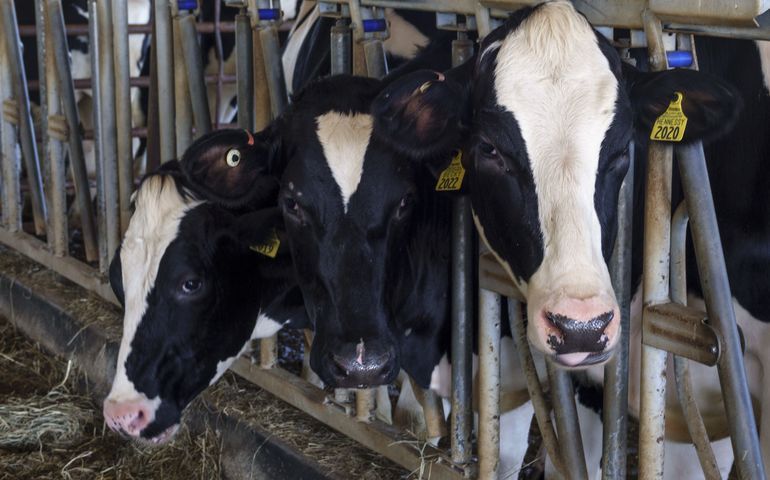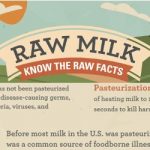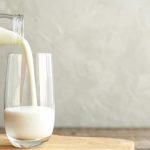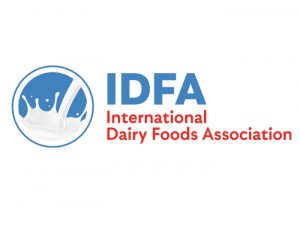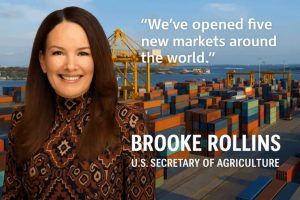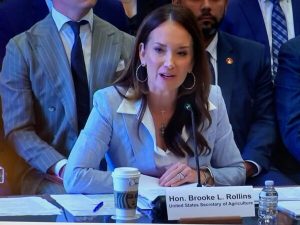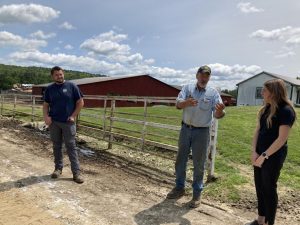
Last month, Danone notified 89 farms in four states, including 14 farms in Maine, that their contracts will end in August 2022. The news dealt a blow to producers who have grappled with rising production costs and falling consumer prices for years.
In a Sept. 22 letter to USDA Secretary Tom Vilsack, members of Congress from the affected states demand “urgent action” to support organic dairy producers in Maine, New York, Vermont and New Hampshire by Danone’s action, “leaving these farmers without buyers and effectively pulling out of New England altogether.”
“Danone appears to be consolidating their supply to prioritize more concentrated producers for transportation economies and abandoning smaller and more dispersed family farms,” says the letter, whose signatories include all four members of Maine’s Congressional delegation.
“We believe this matter further underscores the long overdue need to close existing loopholes in the rules governing how livestock are transitioned to organic and strengthen enforcement of the pasture rule, particularly for large-scale complex dairies. We ask that the U.S. Department of Agriculture use whatever funding sources and programs necessary to support organic farmers in our region during this period of market upheaval.”
The letter goes on to say that while the organic dairy industry is an important economic engine in the northeastern United States with many of the farms anchoring local rural economies, farmers have been put at a significant economic disadvantage for years “that is now threatening their livelihood and shaking consumer confidence in the organic label.”
The lawmakers also criticize the USDA for the ongoing delay in finalizing a rule designed to close a loophole that has allowed large producers in some states to expand herd sizes quickly through continual transition of conventional animals in and out of organic management.
To help the farmers whose contracts have been canceled by Danone, the lawmakers ask the agency to use any tools at its disposal to work quickly to support the farmers and work to expand market channels for their products.
Suggestions mentioned in the letter include targeted and increased support through USDA’s Pandemic Assistance for Producers program, targeted investments in processing capacity and transportation efficiencies for businesses that can contract with the farmers and temporary price supports to allow the farmers to transition to new markets.
Out of Maine’s 196 total dairy farms, 40% produce organic milk, according to Maine Dairy Industry Association data from earlier this year.
The figures also show that the state’s 78 organic dairy farms make up less than 8% of all the milk produced here.
Maine’s dairy industry generates more than $570 million a year to the state’s economy and contributes more than $25 million annually in state and municipal taxes.
